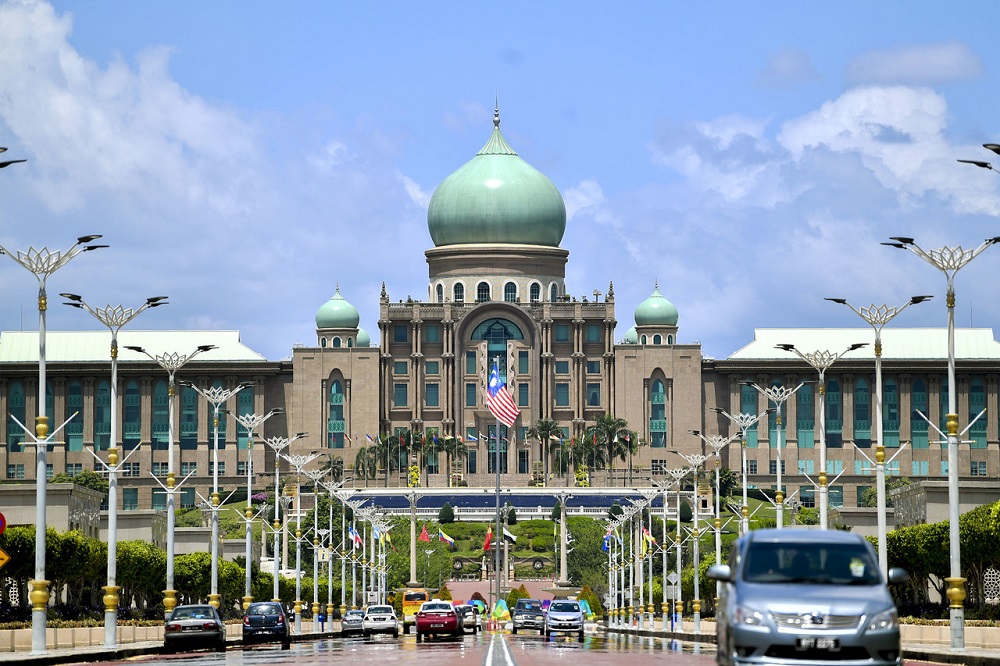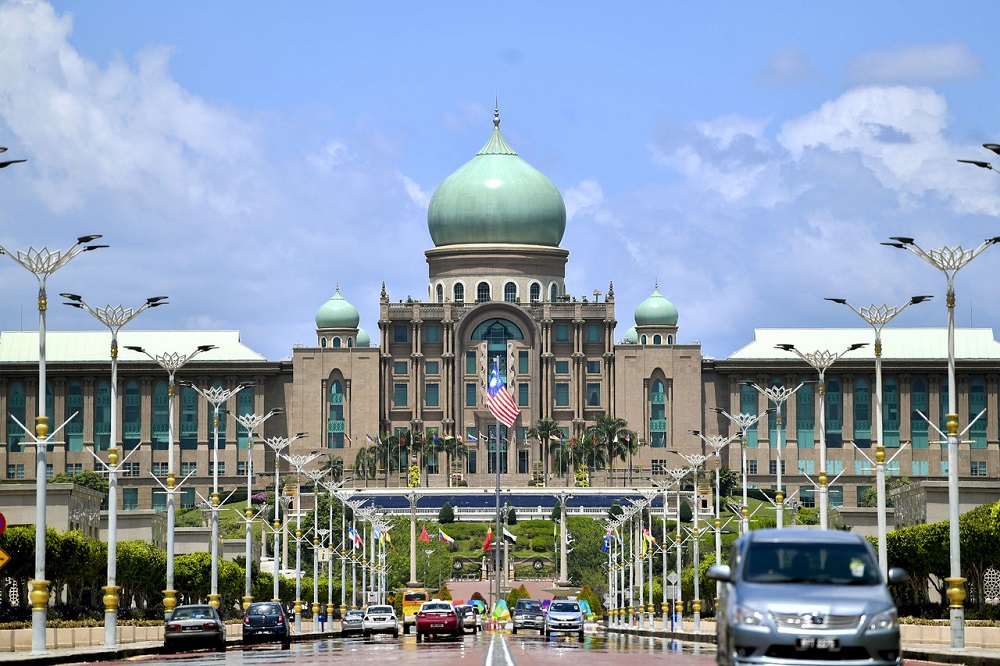Subscribe to our Telegram channel for the latest updates on news you need to know.
KUALA LUMPUR, April 1 — The Institute for Democracy and Economic Affairs (IDEAS) is concerned that the new Emergency Ordinance gazetted yesterday, which it said allows the prime minister, chief ministers or mentris besar to unilaterally pass a supplementary budget without the approval of Parliament or state assemblies respectively.
The think tank acknowledged the immediate need for fiscal assistance to cushion the negative impact of MCO 2.0, but said it is unnecessary to abandon the relevant constitutional provisions under the Emergency period as there are already sufficient provisions that will allow the government to use parliamentary process even during urgent times.
“With such flexibility already built into the Constitution, there is no need for the government to issue this amendment to the ordinance and completely sideline Parliament in decision-making concerning the Consolidated Fund,” said IDEAS chief executive officer Tricia Yeoh.
She said that since the Agong has decreed that Parliament could be in session during this time, the government should utilise this opportunity to seek parliamentary approval for financial policies and prove that they will handle this health crisis with accountability.
“Given that the government has already allowed business sectors to be fully reopened this week, there is increasingly little justification for why the Emergency cannot be ended sooner and for Parliament to be reconvened,” said Yeoh.
Ultimately, she said that the move to gazette the Ordinance raises a question of whether the government plans to extend the emergency beyond August.
“With Malaysia’s democratic status already undergoing a worrying degradation over the last few months, with the most recent assault being the passing of the ‘fake news’ Emergency Ordinance earlier in March, questions must be raised about whether the Perikatan Nasional government plans to pursue all efforts to stop any parliamentary sitting just to remain in power,” she said.
In responding to urgent emergency situations, she said the Constitution still requires the government to seek parliamentary approval while also providing flexibility.
“If the amount appropriated by the Supply Act for any purpose is insufficient, or that a need has arisen for expenditure for a purpose for which no amount has been appropriated by the Supply Act”, Article 101 of the Constitution opens up a possibility to the government to spend the money first and table the supplementary supply bill as soon as Parliament sits.
“If it is impossible for the Supply Act to be passed, Article 102 of the Constitution mandates Parliament to authorise spending before passing the supply bill if urgently required to do so. The message in the Constitution remains clear; the government must be accountable to Parliament if they wish to use the people’s money,” she said.
Malaysia has been put under a state of Emergency from January 11 until the expected end date of August 1 unless lifted earlier. During this period, Parliament and state legislative assemblies — which typically play the role of checks and balance on the executive branch of the government — have been suspended until further notice.
In the new law titled Emergency (Essential Powers) (Amendment) Ordinance 2021, it amends an earlier Emergency ordinance gazetted on January 14 by allowing such approvals without requiring the usual scrutiny by Parliament.
According to the new law, mentri besar and chief ministers of states in Malaysia will similarly be able to approve additional spending in state government funds beyond the initial budget without having to get approval of state legislative assemblies.



